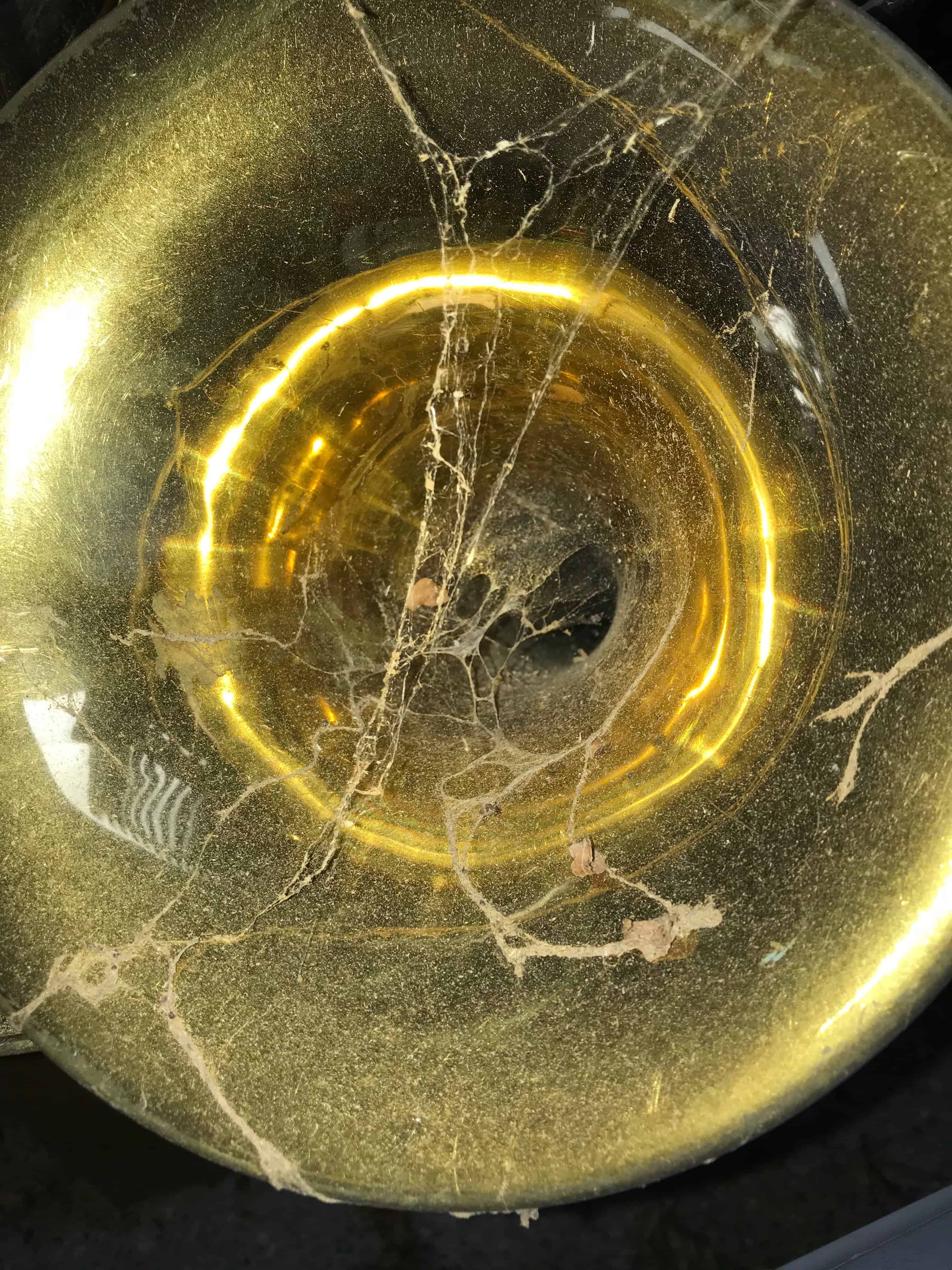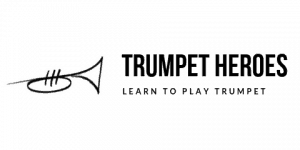This post is getting too too late so its going out unedited – Laugh if you like. J

Taking a Break from the Trumpet
Oops! Did you perhaps take a day off from playing that turned into a week or a month or the entire summer? Life has a way of filling up our time whether we practice or not and extended breaks just happen sometimes. They can even be good for you (another post idea) but what matters most is how you get your playing back to where you were before that break, or even better.
Do No Harm
The best time to deal with getting your playing back (or writing this post) was probably yesterday or last week, but here we are. Primum non nocere … First, do no harm. My instrument repair tech, Kelly, has said this to me gently, firmly and repeatedly – generally after I’ve overreached my limited skillset (sorry Delanie).
What it means for today is not to beat up your embouchure in an aggressive attempt to get it going. If you’re a veteran Trumpet player you’ve learned this the hard way and are only reading this to see how much better you could explain it (see Trumpet Jokes). If you’re a high school or younger Trumpet student keep reading.
Better yet, gently play a few low notes, then read on.
Once your lips are bruised its really difficult to strengthen your playing, so make a point of not going too far too soon. Eventually, once you feel as though your playing has returned to your normal (not Chris Botti’s normal), you can work on improving various aspects of your playing. Having said that, this is a good time to think about correcting any really bad habits you’ve noticed (yet another future post).
Low Notes for Trumpet Embouchure Building
Play a few more low notes. Gently. What you’re doing is a lot like any other physical training but you’re dealing with the part of the body that is best at kissing, not pounding nails. Be gentle. Take breaks. Take more breaks and longer breaks than seems right. Avoid playing high and/or loud. If you have some other activity (like weight training, reading, mowing the lawn, raking leaves, baking bread, playing video games – whatever) that can go back and forth with this gentle playing, do it.
Each time you pick up the horn remember that you’re not in shape yet so you shouldn’t be writing cheques that you’re lips can’t cash. Start on low C and don’t be in a rush to get above the second line G. Noodle around down low. If a lip slur from low C up a fifth to G feels good, do it. Add some valves and head South. Resist the temptation to play higher notes for now. I’ll dig around and see if I can find the little pamphlet that Doc Severinson put out in the 70’s. It was mostly about playing high notes and included a section on his warmup. My recollection is that he spent an hour every day playing (and resting) at or below low C. That’s extreme, but so was his playing so its worth thinking about.
Scales for Trumpet Embouchure Building
If you’re not yet great at playing scales this is the perfect time to work on the lowest notes on your Trumpet. A simple low F# to C chromatic exercise is good for your fingers, your brain and your chops. When you’re back in shape you can repeat it a bunch of times and make it good for your wind as well. Take another break from trumpet embouchure building. You’re playing the lowest 7 notes on a standard Trumpet fingering chart. Once you’re comfortable with that you can either add a note, take the exercise up a semitone or do both. The Herbert L. Clarke Technical Studies book starts with pretty much what I’ve just described. Its so old that its in the public domain which means you can find it for free on the internet without breaking any copyright laws!
Scales are crucial building blocks for composers, so they are important for players as well. You might as well get good at them while you’re gently recovering from an extended break. Because you’re playing in the lowest register of the Trumpet, you might be playing scale fragments or portions of scales instead of entire octaves or even multiple octaves. That isn’t a bad thing – its good. Haydn was being cheeky when he started his Trumpet Concerto with a major scale. More often than not our melodies involve scale fragments and arpeggios. Here’s a chance to get good at them while you get back in shape. You can get books full of exercises and if you’re serious about playing the Trumpet well you should. Those books will have exercises with low notes – play them. If they work their way up into the mid and high registers just skip those parts until you’re absolutely positive that your chops are ready. If you don’t have any books like that don’t worry … there’s a lot you can do using you’re fingering chart and your ears.
Multiple Short Practices Each Day for Trumpet Embouchure Building
Back to the task at hand. Because you’re being gentle and taking lots of breaks you’ll probably be able to practice more than once a day. You should find that each day you’re just a little stronger than the day before and can last a little longer. You’ll never really know how strong you are because you’re not going to push it – right? The idea is to put down the horn before anything hurts, not after. If it hurts, you’re done for the day. This is not quite the same as body building – the whole “no pain – no gain” thing is a bad idea for us. The goal is always to get stronger but not by breaking down your lips. I’m pretty sure Sean Jones talked about that at a workshop I went to. His approach to practicing is about as thorough as it gets.
As Your Trumpet Embouchure Recovers
Back here on earth we’re a day or two into recovery and as you work your way up into the lower part of the staff the number of things you can do expands exponentially. If you worked on the low note Clarke studies then carry on with them as they rise up the range. You can add some lip slurs and flow studies. My favourite way to incorporate lip slurs is to play major, minor and diminished arpeggios up and down the range that I want to work. The Clarke Third Study works well. The Cichowicz Flow studies are are good for building strength and flexibility at the same time, just be careful how high you let them take you right now. If you get bored doing them, try transposing them – that’ll keep your brain busy. If you insist on seeing them, scroll through this fun document.
How fast you recover your chops will depend on a lot of factors, especially how much damage you do in the process. Be gentle! If you have a specific target date when you have to be in good shape then try to be ready a few days before it so you can take it easy the day before. If you have the luxury of a few extra days then take a day off and let your chops rest. If you left it way too late then I hope you don’t hurt yourself. If you’re facing the demands of a school music director you might respectfully point out that a trumpet teacher has suggested that you exercise caution. If you happen to be a school band teacher reading this because you care, do your students and yourself a favour and take it easy on your Trumpet players for the first week or two this Autumn. You don’t want them bruised and struggling even though they clearly didn’t listen to you on that day in June when you told them how important it was to maintain their chops over the summer.
Before Your Next Trumpet Break
On the off chance that you are reading this before an extended break – especially a summer, winter or spring break there are some things to consider. First, a partial break is easier to recover from than a complete break. Consider pulling out the Trumpet or even just the mouthpiece now and again so that your chops don’t fall apart on you. Second, instead of one of the big school breaks being a big break from playing, think about playing more instead of less.
What if everybody in your Trumpet section took the summer off and you practiced diligently 6 days a week? I did exactly that when I decided to play well and went from dead last (13th to be exact) Trumpet in our high school’s Junior Concert Band to sharing the Principal desk in the Senior Concert Band over one such summer.
That was the summer that changed my life.
Your results might be less dramatic but if you’re not the best Trumpet player in your school you have nothing to lose. (btw If you ARE the best Trumpet player in your school then you have a lot to lose so you might want to give that some thought.) If you are in a school where Jazz is a four-letter word you could secretly spend the summer working your improvisation skills while keeping your “legit” chops in shape. If the only scale you’ve ever really worked on is the Concert Bb major, then there’s a whole world of scales out there just waiting for you. Maybe the next post will be on what to practice when there’s nothing to practice.
Go play some low notes!
